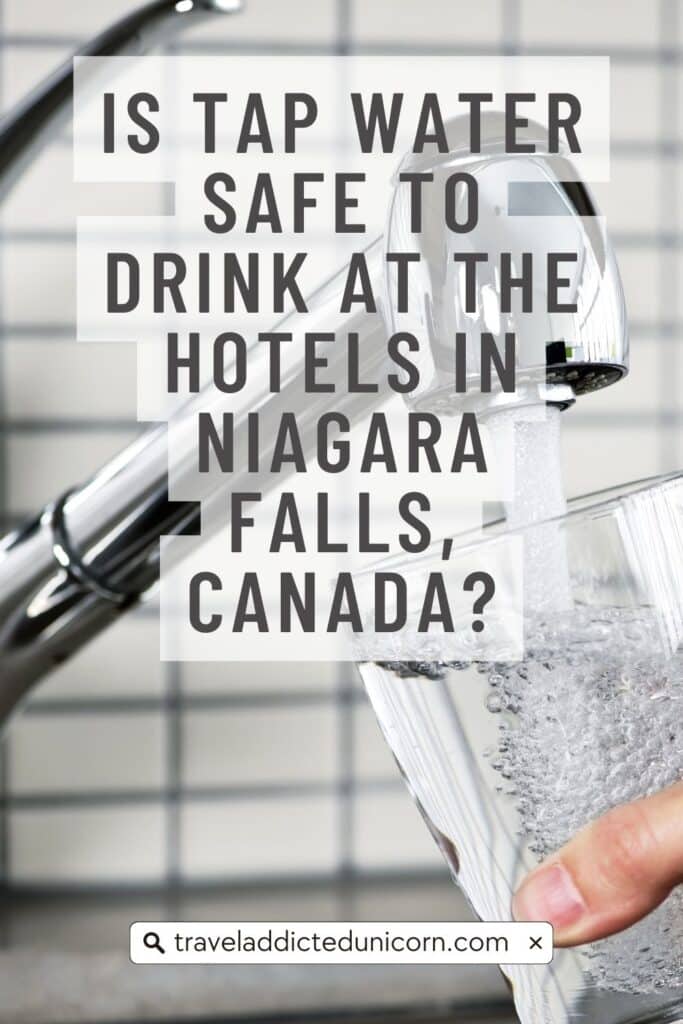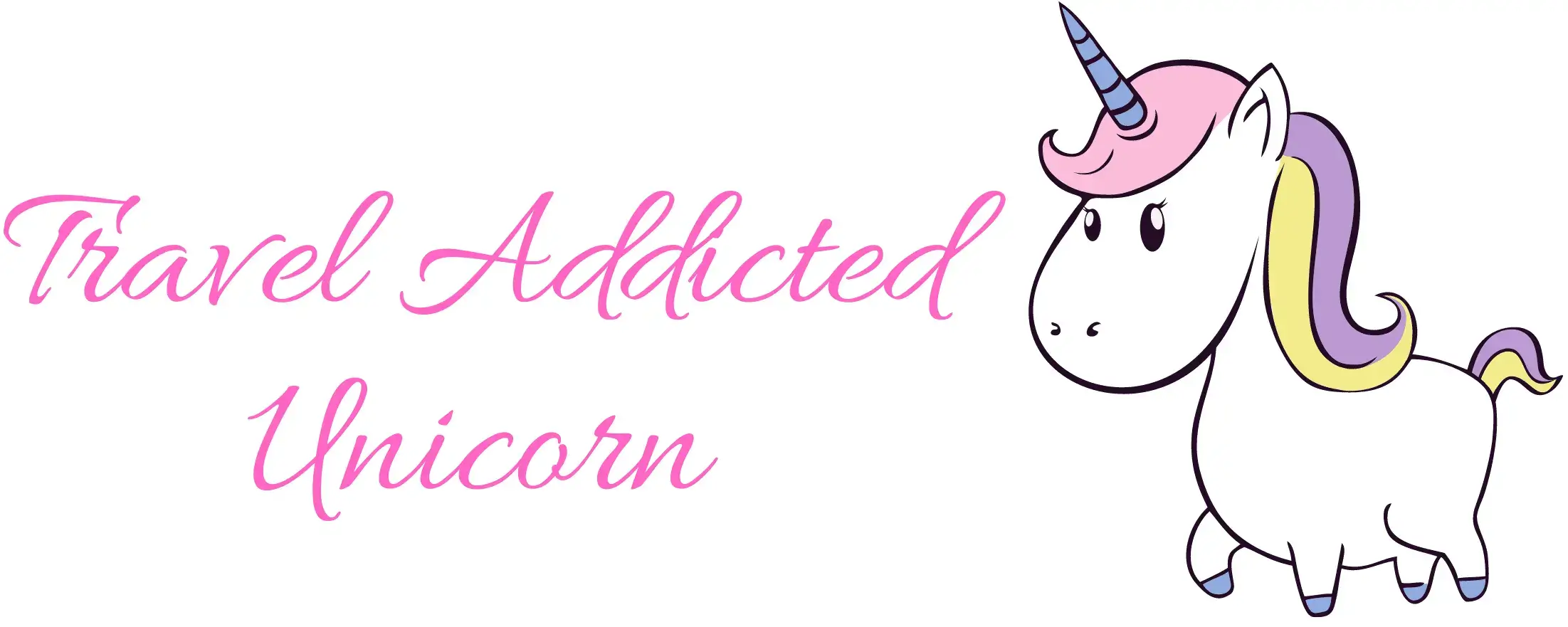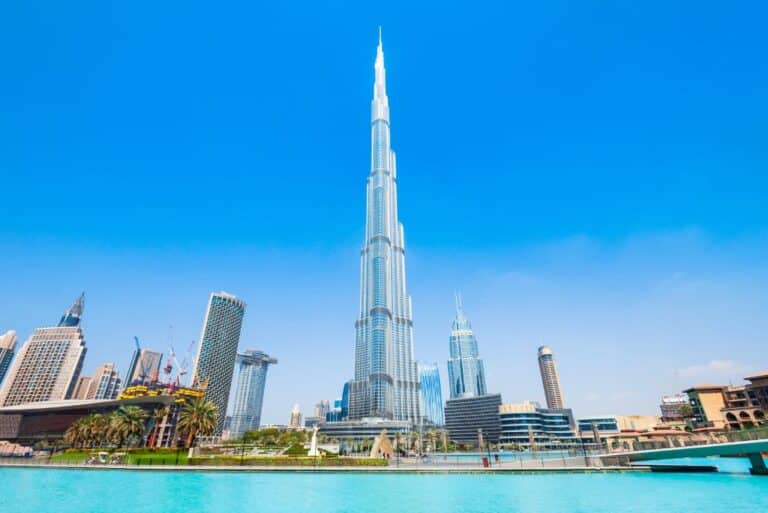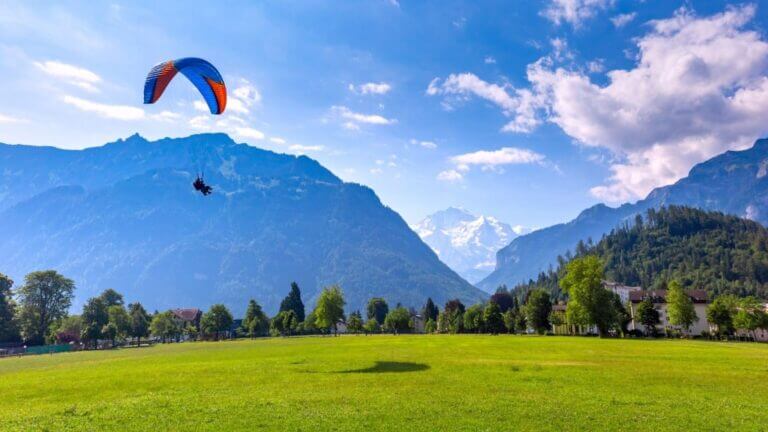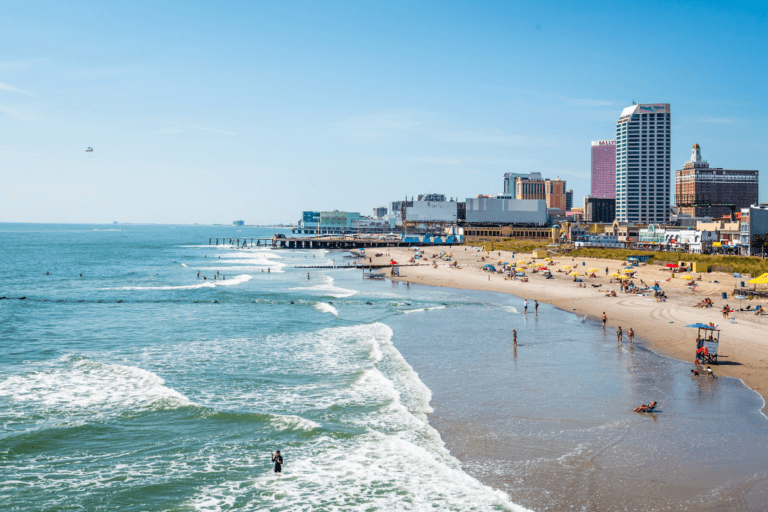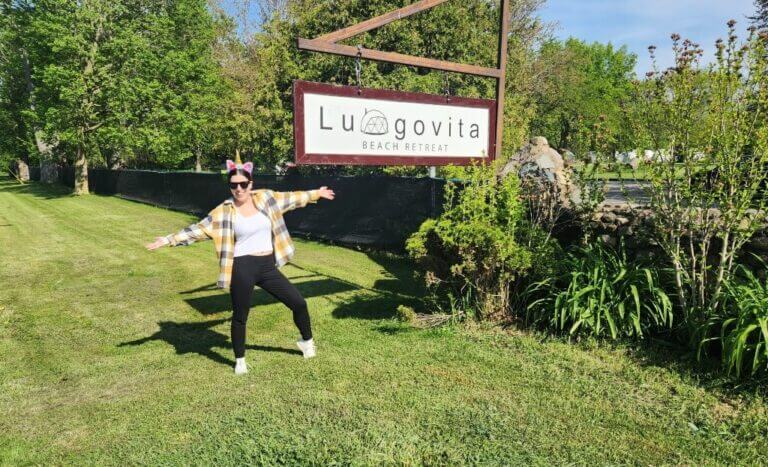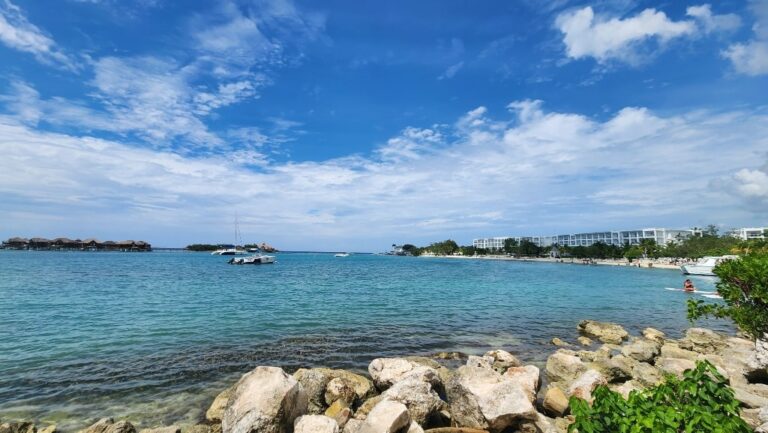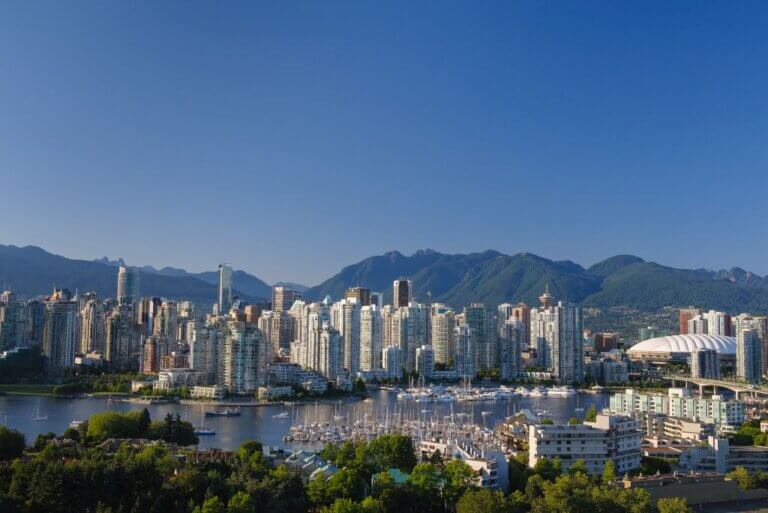Is Tap Water Safe To Drink At The Hotels In Niagara Falls, Canada? (2025 Guide)
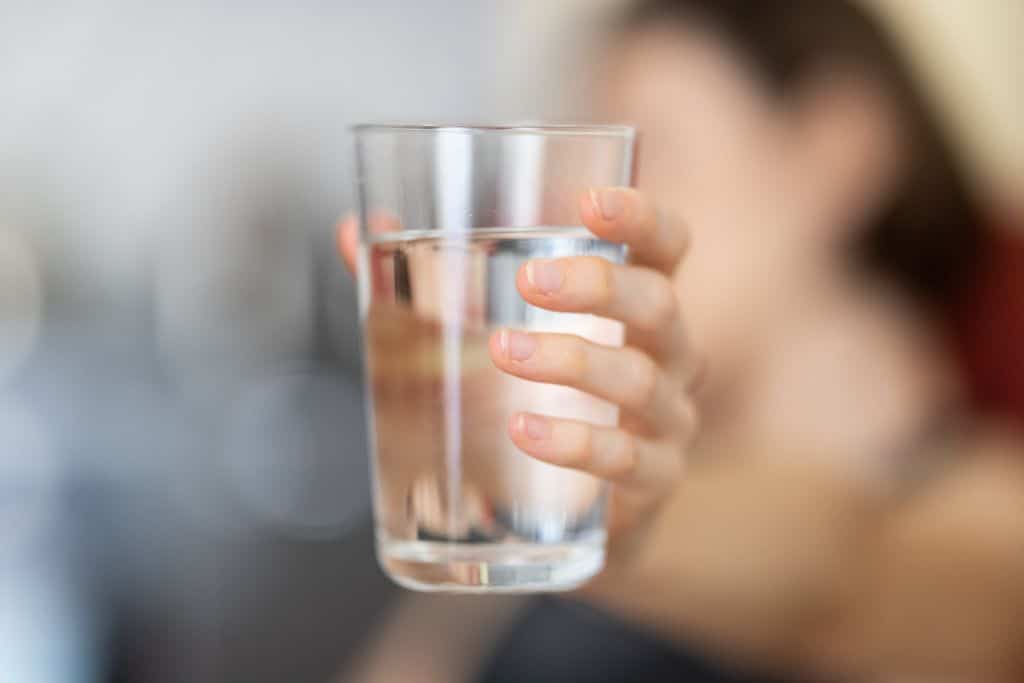

Are You Wondering If It’s Safe To Drink Tap Water In The Hotels In Niagara Falls, Canada? Keep Reading To Find Out!
Many travelers wonder if tap water is safe to drink at the hotels in Niagara Falls, Canada.
Which of course makes sense as no one wants to get sick during their travels.
In this detailed guide, you will find the answers to all of your questions such as – is drinking tap water safe, where is the water coming from, what kind of chemicals the water contains, etc.
I have visited Niagara Falls more than 10 times over the years and would share my experience with you.
In this blog post, we will focus only on the Canadian side of Niagara Falls.
Is Tap Water Safe To Drink At The Hotels In Niagara Falls, Canada In 2025?
In general, tap water in Niagara Falls, Canada, is safe to drink.
Canada has high water quality standards, and municipalities ensure that tap water is treated and tested to meet these standards.
Niagara Falls, being a popular tourist destination, maintains a reliable and safe water supply.
Hotels in the area typically provide tap water that is safe for drinking and other domestic uses.
You can trust the tap water in most establishments, including hotels and restaurants.
Overall, you should be confident when consuming tap water in Niagara Falls, Canada.
If you prefer, you can also purchase bottled water readily available in stores or hotels, but this is often a matter of personal preference rather than a necessity for safety reasons.
Using a reusable water bottle and refilling it from the tap can be an environmentally friendly and cost-effective option during your stay in Niagara Falls.
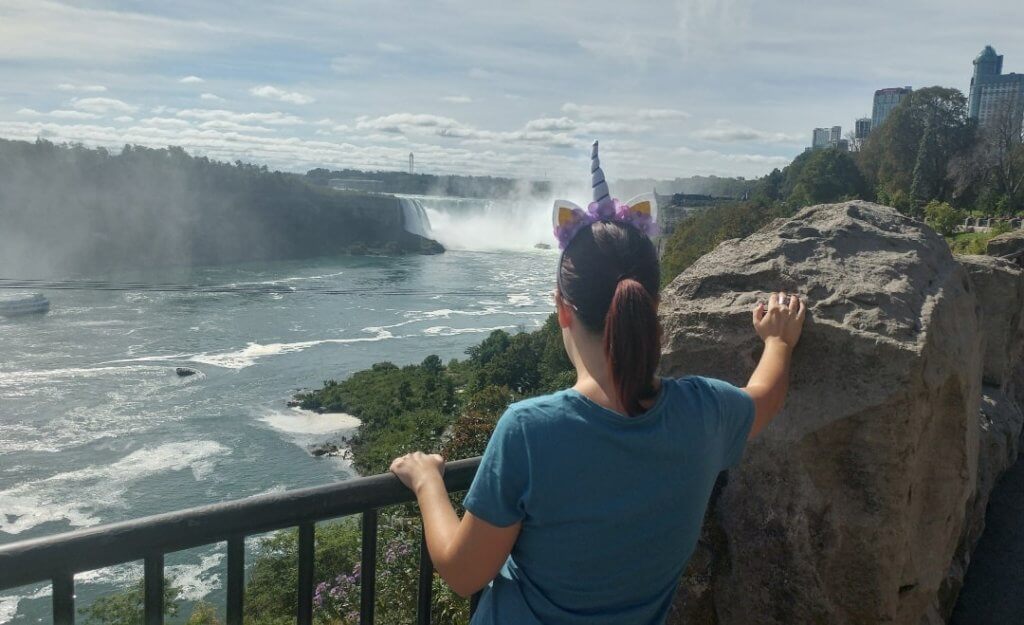
How clean is the tap water in Niagara Falls, Canada?
The Water-Wastewater division of the Niagara Reagon ensures the delivery of safe, reliable, and high-quality drinking water.
Therefore, residents & visitors regularly use tap water for drinking, cooking, and other domestic purposes.
In addition, the Niagara Region won Ontario’s Tastiest Tap Water for the second year in a row in 2023.
Where does the Niagara Falls tap water come from?
In Niagara Falls, Canada, the source of the tap water is located in the area of the Welland River at the Niagara River in Chippawa Village.
The water is purified in the Niagara Falls Water Treatment Plant which also provides clean water to parts of Niagara-on-the-Lake and Port Robinson.
The treatment process involves various steps to remove impurities and contaminants, making the water safe and suitable for consumption.
Here is a link that shows the most current numbers for the water quality leaving the Niagara Falls Water Treatment Plant.
The facility has a daily capacity of 145.5 million liters, catering to a population of around 78,000 residents and an additional 20,000 daily visitors during the high-traffic summer tourist season.
After undergoing the treatment process at the plant, the water is brought to the public via a system of pipes and pumps.
👉 If you prefer drinking water through a filter, grab your LARQ Bottle. The Nano Zero Filter technology removes lead, heavy metals, chlorine, microplastics, and other particulates in the water.
Can you drink the bathroom tap water in Niagara Falls, Canada?
Many visitors wonder “Is bathroom water safe to drink in Ontario?”
The tap water from bathroom faucets is typically sourced from the same municipal water supply system that provides water for drinking and other domestic purposes.
The water quality and safety standards for bathroom tap water are generally the same as those for kitchen taps.
Therefore, it is generally safe to drink water from the bathroom tap in Niagara Falls, Ontario.
Is it safe to drink from Niagara Falls?
A question often arises – ”Can you drink Niagara Falls water?”
Drinking water directly from Niagara Falls is not recommended.
The water from the falls is not treated for consumption, and there are potential risks associated with doing so.
Also, the water from natural bodies, including waterfalls, can contain contaminants, bacteria, and other substances that could be harmful if ingested.
If you are looking for safe drinking water in the Niagara Falls area, it is advisable to use tap water, such as your accommodations or public water fountains.
🦄 If you are looking for more useful information about Niagara Falls, check out these blog posts:
Why You Should Visit Niagara Falls This Winter
7 Best Niagara Falls Day Tours From Toronto

Do you have to pay for water in restaurants/hotels in Niagara Falls, Canada?
In most restaurants in Niagara Falls, Canada, tap water is typically served free of charge.
It is a common practice in many countries, including Canada, for restaurants to provide complimentary tap water to diners.
Therefore, if you request water with your meal, the server will usually bring a glass of tap water without charging you.
However, it’s important to note that if you order bottled water or another type of specialty water, there will be a charge associated with it.
Bottled water is not typically provided for free, and the cost will be indicated on the menu.
That includes bottled water provided by the hotels/accommodations.
What does the tap water in Niagara Falls taste like?
The tap water has a slight chlorine taste that becomes stronger the longer you leave the water in the glass.
Therefore, always pour yourself fresh cold water from the tap and don’t leave it to drink later.
Also, let the tap run for 30 seconds before you fill up your glass to ensure the best possible taste.

Do you need a water filter in Niagara Falls, Canada?
You do not need a water filter when traveling to Niagara Falls, Canada due to the high water quality standards set by Canadian regulations.
However, some people may choose to use water filters for personal preferences, such as improving taste or reducing certain minerals in the water.
If you have specific concerns about the taste or quality of the water, or if you simply prefer filtered water, you can choose to use a water filter.
👉 If you prefer drinking water through a filter, grab your LARQ Bottle. The Nano Zero Filter technology removes lead, heavy metals, chlorine, microplastics, and other particulates in the water.
Is bottled water safer than tap water?
Just like tap water, bottled water is subject to regulatory standards, and reputable brands adhere to stringent quality controls.
The Canadian Food Inspection Agency (CFIA) and Health Canada oversee the regulation of bottled water on a federal level.
In accordance with the Food and Drugs Act and Regulations, treating it as a food product.
Health Canada sets health and safety benchmarks for bottled water and formulates labeling policies concerning health and nutrition.
The CFIA, in turn, establishes criteria for the packaging, labeling, and advertising of these items.
In terms of safety, both tap water and bottled water in Niagara Falls are generally considered safe for drinking.
When deciding between tap water and bottled water, other factors may come into play, such as personal preferences, convenience, and environmental considerations.
Tap water is often more cost-effective and environmentally friendly, while bottled water provides convenience for on-the-go hydration.

Does Ontario have good tap water?
Niagara Falls is located in the province of Ontario.
Ontario, Canada, generally has a reputation for providing good-quality tap water.
The province has stringent regulations and standards in place to ensure that the water supplies meet health and safety requirements.
Municipalities across Ontario are responsible for treating and distributing water to residents, and they regularly monitor water quality to ensure it complies with established standards.
Water treatment processes, such as filtration and disinfection, remove contaminants and make the tap water safe for consumption.
Ontario’s tap water is subject to regular testing for various parameters, and results are made available to the public through water quality reports.
While Ontario’s tap water is safe, the specific characteristics of tap water, including taste and hardness, can vary from one location to another.
Individual preferences for taste or concerns about water hardness may lead some residents to use water filters or other water treatment methods at the household level.
Overall, the majority of residents in Ontario confidently use tap water for drinking and other domestic purposes.

FAQs: Is Tap Water Safe To Drink At The Hotels In Niagara Falls, Canada?
Let’s take a look at some of the most frequently asked questions when it comes to drinking tap water in Niagara Falls, Canada.
What is the alkalinity level in the drinking water in Niagara Falls, Canada?
Alkalinity is the ability of water to neutralize acid.
The recommended range is 30 to 500 mg/L and it is expressed as calcium carbonate.
As of Jan. 6, 2025, the level of alkalinity in the drinking water in Niagara Falls is 77 mg/L which is safe and within the expected range.
Is the drinking water in Niagara Falls hard or soft?
Simply put hard water contains higher concentrations of minerals, while soft water has fewer minerals.
More specifically, dissolved calcium and magnesium create the hardness of the water.
In the Niagara Falls region, the tap water tends to be moderately hard.
According to the Water Quality Reports for Niagara Falls, the hardness of the drinking water is 157 mg/L (Jan. 6, 2025) which is safe and within the normal range.
Water with a hardness of more than 200 mg/L is poor quality but tolerable.
In Niagara Falls the hardness of the water is naturally above average but a lot less than 200 mg/L.
The mineral content is usually within acceptable levels and complies with health and safety standards.

What is the pH balance in the drinking water in Niagara Falls?
The pH balance is a measure of the acidity of the water and the optimal range for drinkable water is between 6.5 and 8.5.
As of Feb. 3, 2025, the pH balance of the drinkable water in Niagara Falls is 7.5.
Therefore the tap water is not acidic.
🦄 If you are looking to check out Toronto as well, here are some helpful blog posts:
12 Fun Activities To Do In Toronto For Adults (From A Local)
10 Best Toronto Hotels By CN Tower
Complete Guide To Visiting Casa Loma, Toronto (From A Local)
How To Get To The Rogers Centre In Toronto (From A Local)?
Does It Snow In Toronto (From A Local)
15 Best Places To Visit In Canada In December
Does the drinking water in Niagara Falls, Canada have chlorine in it?
In the Niagara Falls area, chlorine is added during the water treatment process.
That is done to ensure that the water is safe for consumption by eliminating harmful microorganisms – bacteria, algae and viruses.
Also, a small and safe residual amount of chlorine remains in the water as it goes from the water mains to your faucet, ensuring disinfection as the water flows through the pipes.
As of Jan. 6, 2025, the chloride levels are 20.1 mg/L which is a safe amount to have in the tap water.
👉 If you prefer drinking water through a filter, grab your LARQ Bottle. The Nano Zero Filter technology removes lead, heavy metals, chlorine, microplastics, and other particulates in the water.

Does the drinking water in Niagara Falls have fluoride in it?
Public health measures typically involve adding fluoride to drinking water to aid in preventing tooth decay and dental issues.
However, the Niagara Falls area does not add fluoride to its drinking water.
The Water Quality Report as of Jan. 6, 2025, indicated the absence of fluoride in the tap water.
Keep in mind that fluoride naturally occurs in the soil and rocks. Therefore there could be some small amounts in the tap water.
What other chemicals are in tap water in Niagara Falls, Canada?
Other chemicals that you will find in the tap water in Niagara Falls, Canada are Sodium – 10.5 mg/L (Nov. 4, 2024), Sulphate – 37.6 mg/L, Calcium – 44 mg/L, Magnesium – 11.5 mg/L (last three Jan. 6, 2025).
They are all within the optimal ranges for high-quality drinking water.
The drinking water does not contain E. Coli, Lead, Total Coliforms or Vinyl Chloride.
Water quality indicators commonly use total coliforms, a group of bacteria, to assess the microbiological condition of water.
Coliform bacteria are present in the environment, in soil, vegetation, and the intestines of warm-blooded animals, including humans.
The presence of total coliforms in water can be an indication of possible contamination from fecal matter or other sources.
Detecting them is often a general marker for the potential presence of harmful pathogens.
While most coliform bacteria are not necessarily harmful themselves, their presence can signal a problem with water sanitation.
Vinyl chloride is not intentionally added to drinking water supplies.
Its presence in water sources is usually associated with industrial discharges or accidental releases.
The presence of vinyl chloride in drinking water is a concern due to its potential health hazards.

Conclusion: Is Tap Water Safe To Drink At The Hotels In Niagara Falls, Canada?
In conclusion, tap water in hotels in Niagara Falls, Canada, is generally safe to drink.
The region maintains high water quality standards, and the tap water undergoes treatment processes to ensure its cleanliness and safety for consumption.
Visitors can confidently use tap water for drinking and other domestic purposes in most establishments.
While individual preferences may lead some to choose bottled water, it’s important to recognize that the local tap water is well-regulated and meets health standards.
Therefore, travelers can enjoy the convenience and sustainability of using tap water in Niagara Falls hotels.
